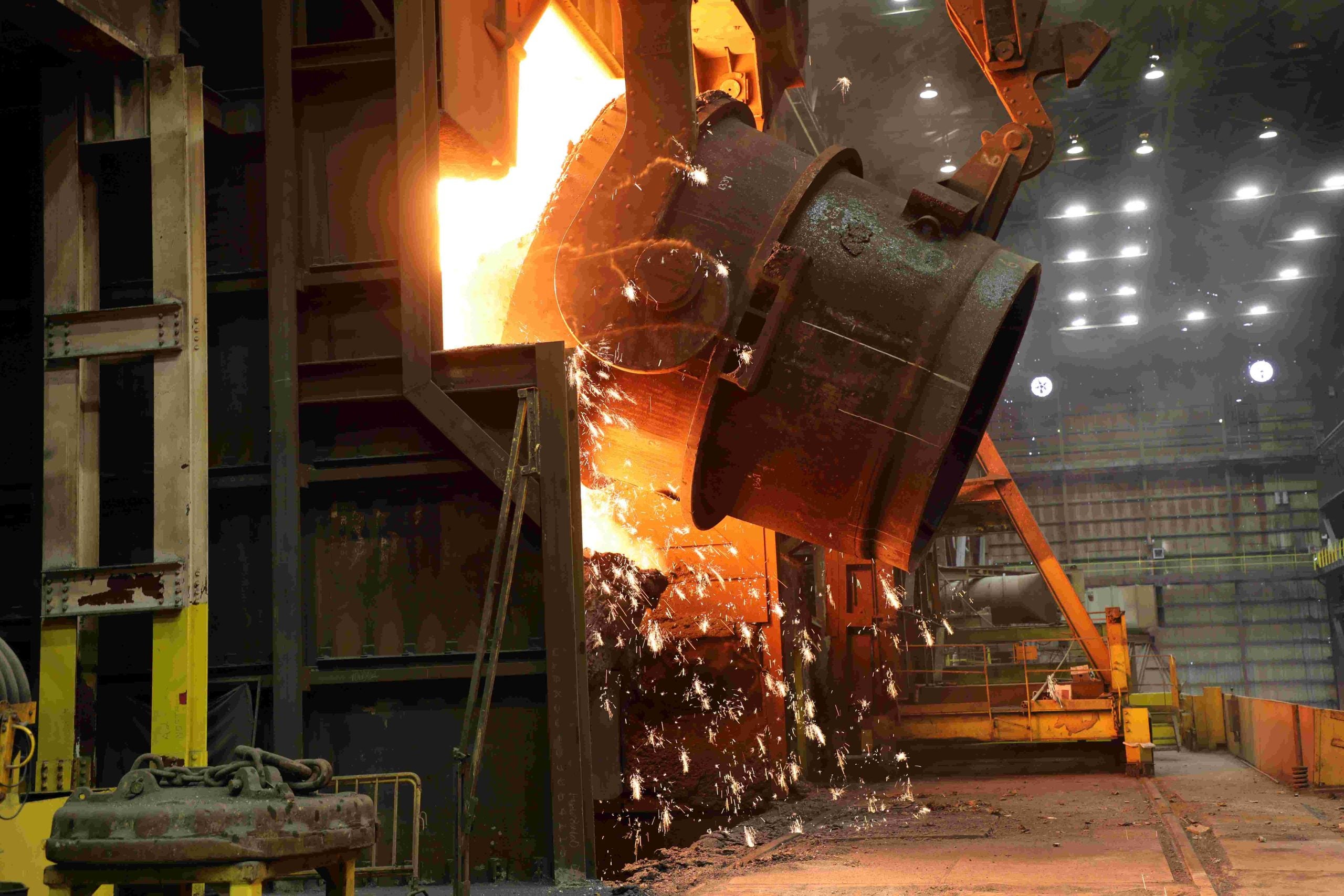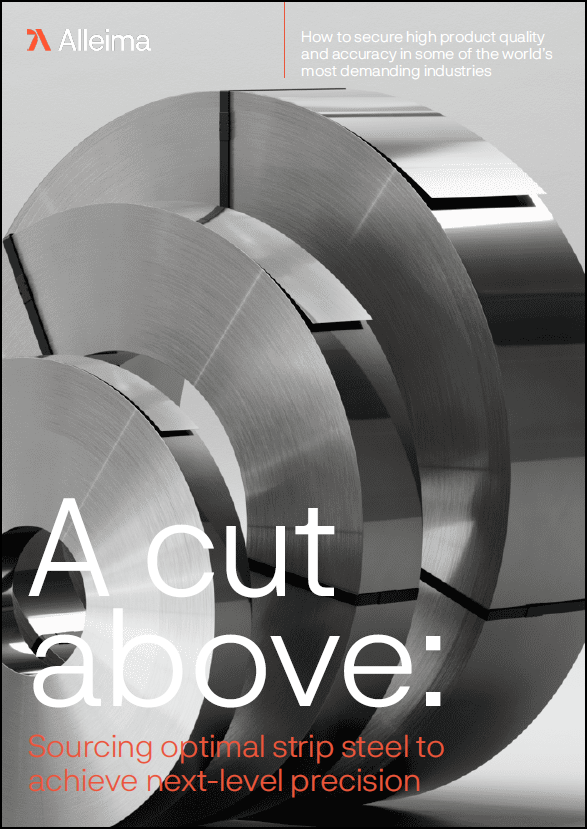
The owner of the Port Talbot steelworks has confirmed earlier reports the plant’s two blast furnaces would shut down, in what unions have described as an “absolute disgrace” that will cost up to 2,800 jobs directly and many more in the south Wales community.
Parent company, the Indian owned Tata Steel, said it was not “feasible or affordable” to adopt trade union proposals to continue production at the loss making plant during a transition to greener, cheaper steelmaking operations, The Guardian reported.
On Friday, after trading on the stock exchange ended in Mumbai, Tata officially confirmed its plans which would result in most of the plant’s 4,000 workers losing their jobs.
About 200 positions would be saved by maintaining operations at the site’s hot strip mill, which rolls steel slab.
The paper noted the cuts came despite the government providing GBP500m of financial backing for Tata’s GBP1.25bn four year plan to build electric arc furnaces, which make steel from scrap metal rather than virgin steel made from scratch.
Prime minister Rishi Sunak insisted the government’s investment showed it was “absolutely committed” to British steelmaking but Labour’s shadow business minister, Jonathan Reynolds, described its strategy as “GBP500m for 3,000 job losses”.
The closure, together with similar proposals at the Chinese owned British Steel plant in Scunthorpe, was set to leave the UK as the only G20 economy without the ability to make steel from scratch, known as virgin steel.
Tata, which said the plant was currently losing GBP1m a day, said it would seek voluntary redundancies where possible and would provide GBP130m to fund severance payments, community programmes, skills training and job seeking initiatives.
The Guardian noted Tata had rejected a proposal put forward by the Community and GMB unions which would have kept the blast furnaces open, protecting jobs during the transition.
The two unions said that governments in France, Germany and Spain were all “committing billions to secure the future of their strategically important steel industries, and our government must show similar ambition”.
They added: “More than 3,000 jobs and the future of British steelmaking are at stake. It is an absolute disgrace that Tata Steel, and the UK government, appear intent on pursuing the cheapest instead of the best plan for our industry, our steelworkers and our country.
“It’s unbelievable any government would give a company GBP500m to throw 3,000 workers on the scrapheap, and our government must reevaluate its miserly offer to support investment at Tata Steel.”
Asked about the Port Talbot announcement, Sunak said the government was “absolutely committed” to British steelmaking.
According to the report, TV Narendran, Tata Steel’s global chief executive and managing director, said: “The course we are putting forward is difficult, but we believe it is the right one. Having invested almost GBP5bn in the UK business since 2007, we must transform at pace to build a sustainable business in the UK for the long term.
“Our ambitious plan includes the largest capital expenditure in UK steel production in more than a decade, guaranteeing long term, high quality steel production in the UK and transforming the Port Talbot facility into one of Europe’s premier centres for green steelmaking.”








